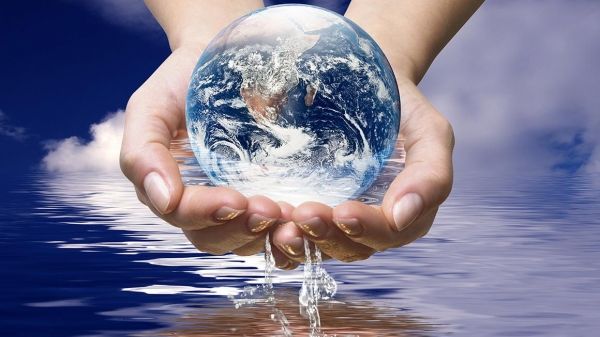A single season of a lake or water body with a harmful algal bloom that results in public do-not-drink orders, damages to fishing activity, lost recreational opportunities, decreased property values and increased likelihood of low birth weight among infants born to mothers exposed to polluted water bodies are but just a handful of reasons why clean water is important.
Most everyone wants their local lake or stream to be clean and usable for drinking, fishing, swimming and recreation. But previous cost-benefit studies showed the costs of protecting local water sources often exceeded the benefits.
Not so fast say the authors. One of the reasons past studies showed costs exceeding benefits is that not all benefits, especially global ones, were analyzed by economists.
New research, led by University of Minnesota Sea Grant Director John A. Downing, found that adding up global financial benefits of clean water shows that keeping water clean can help slow climate change, saving trillions of dollars. Using one Lake Erie case study as an example, the authors also found that the global climate change value of protecting and preventing this Great Lake from algae blooms was ten times greater than the value of beach use or sport fishing.
Continue reading at University of Minnesota Duluth
Image via University of Minnesota Duluth


